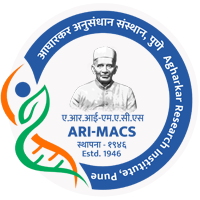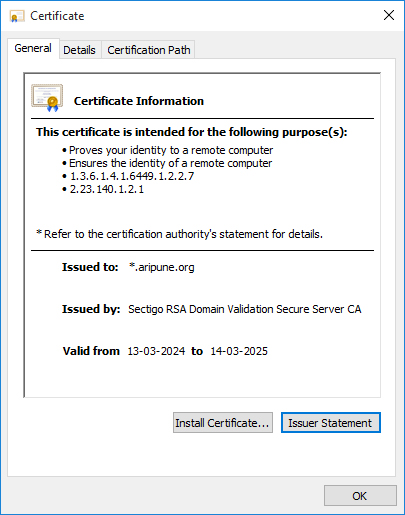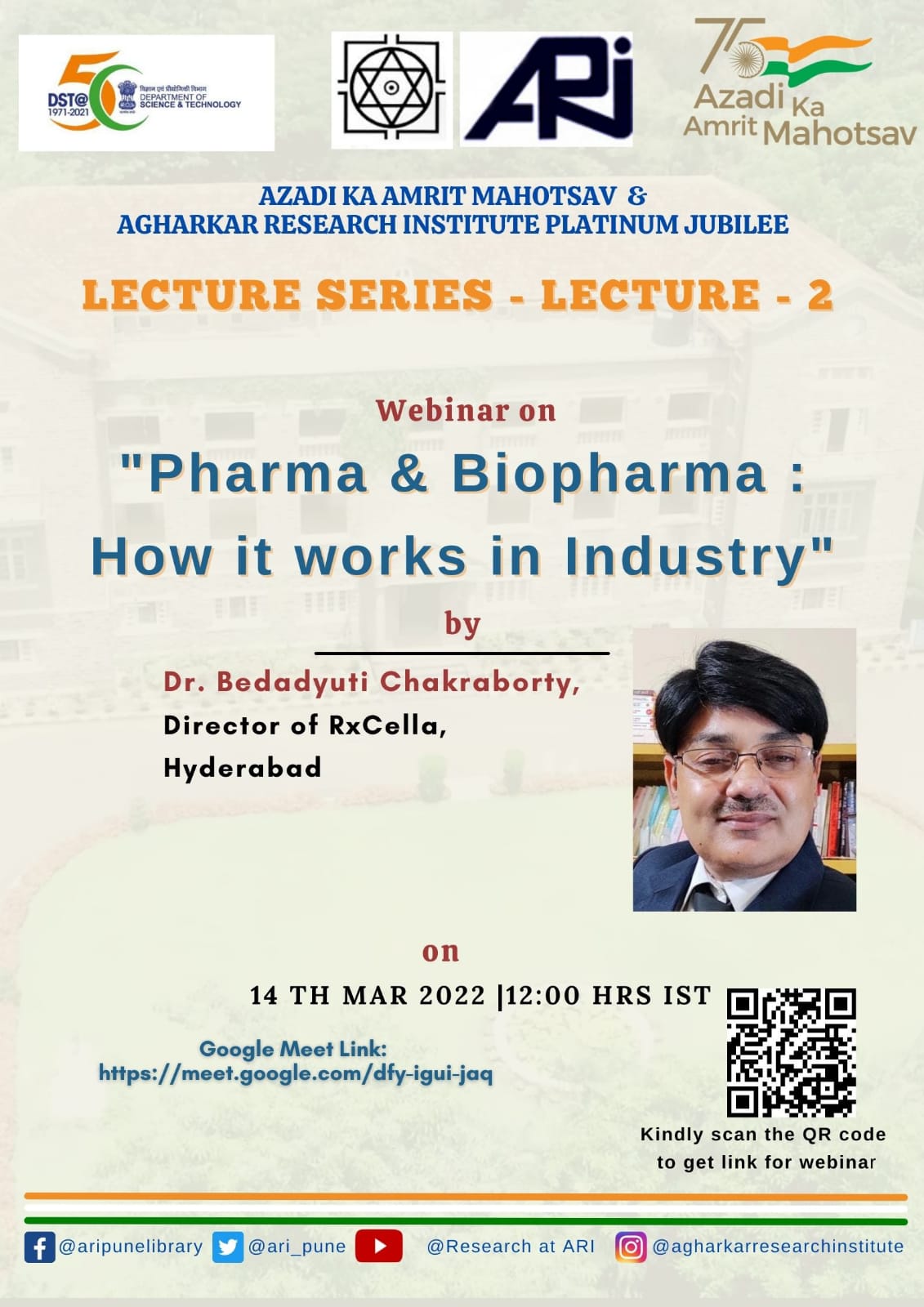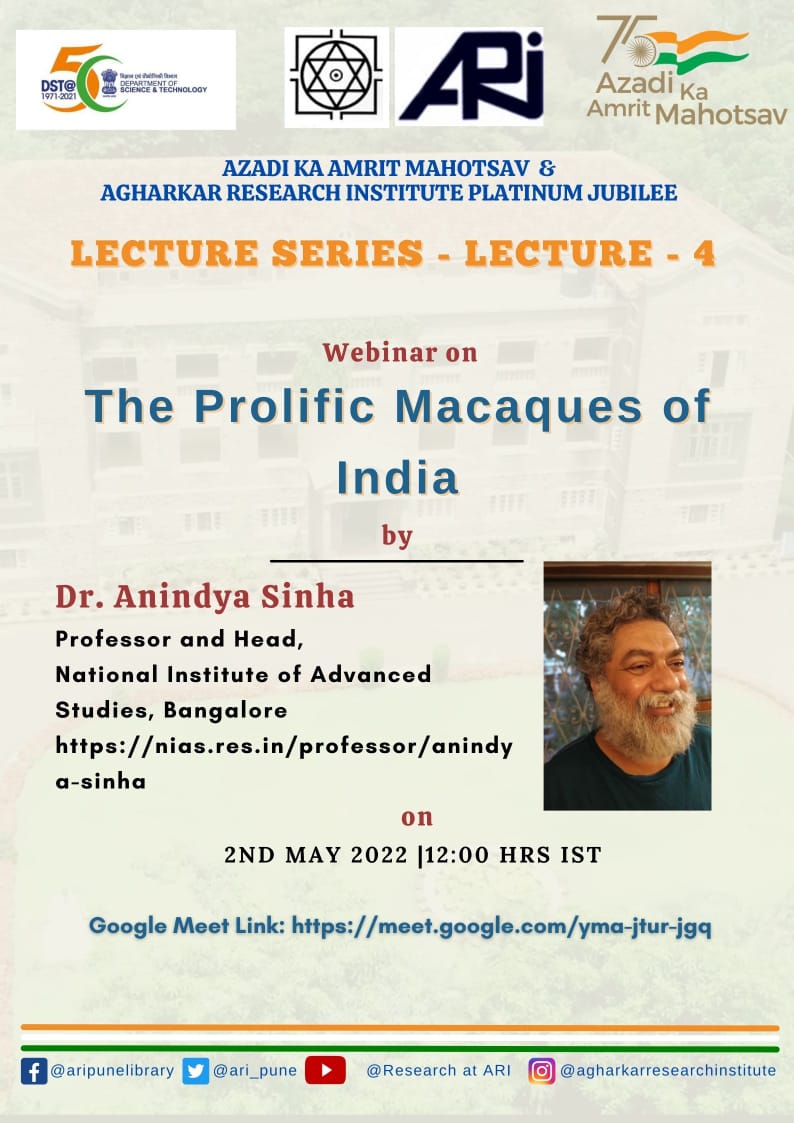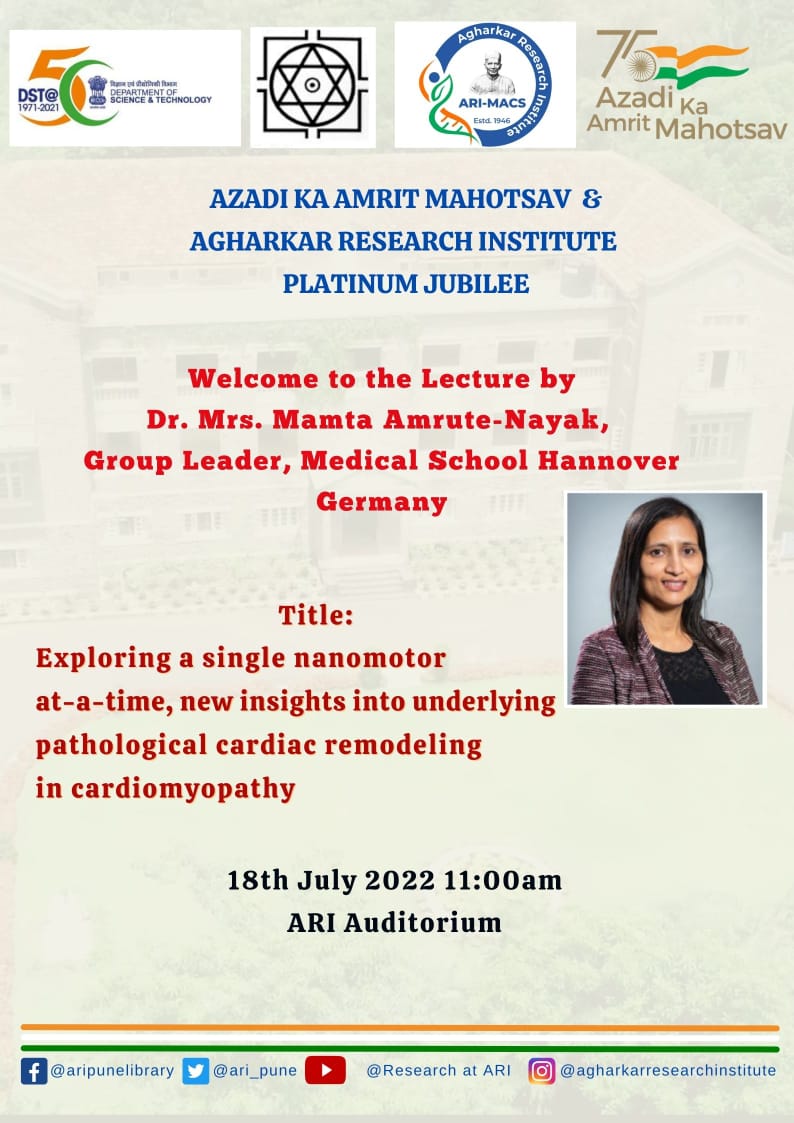Agharkar Herbarium (AHMA)
It is known fact that medicinal plants play significant role in providing important crude drugs. Plant based drugs have been used in modern medicine, alternative system of medicine and so also in traditional system of medicine. In India about 80% of population is dependent on herbal remedies and using Indian systems of medicine for their health care. Most of these plant based drugs are marketed through wild collections by unskilled collectors. Very few of these herbs are being cultivated as a source for crude drugs. In this situation, there are many chances of adulteration / substitution of crude drugs in greed of money. Most of the pharmaceuticals are dependent on such traditional collectors and identify the raw materials by their experience personnel.
The efficacy of crude drug collected is directly responsible on genuine plant material used as crude drug. However, availability of genuine material is questionable considering the facts; as, (i) Till today most of the crude drugs i.e. medicinal plants/ plant parts are being collected from wild, (ii) Due to various anthropological pressures, and developmental projects these resources are depleting vary fast, (iii) Cultivation practices of vary few medicinal plants are known and (iv) The ratio of number of registered pharmacies, their over growing demand and available habitats where these medicinal plants grow are inversely proportional. In this situation, crude drug repository of genuine specimens with their passport data plays significant role.
The Herbarium at Maharashtra Association for Cultivation of Sciences (AHMA) activity was awarded international status by The New York Botanical Garden with acronym, AHMA (Agharkar Herbarium of Maharashtra Association) in the year 1984. One of the unique feature is 950 crude drug samples in repository.
Specimens are in the form of whole plant or plant parts as roots, leaves, barks of stem or root, flowers, fruits, seeds and un-organized exudations as gums or resins. These specimens are genuine field samples and/or market samples. Crude Drug Repository specimens are being preserved using standard methods. As per WHO’s guidelines, complete information of the specimen is maintained in form of passport data in uniform manner. The specimens are arranged as plat oriented drugs, animal oriented drugs and minerals. The plant oriented drugs are arranged per plant part used in/as crude drug; viz. whole plant, root, leaf, stem/bark, inflorescence/flower, fruit, seed, unorganized drug, animal The repository serves as backbone for all projects related to medicinal plant research. In ARI, we are rendering Authentication service of crude drugs to students / researchers / manufactures.
 |
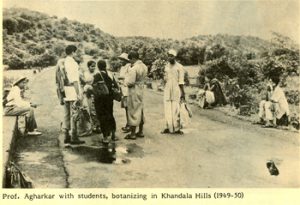 |


